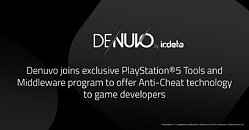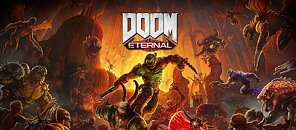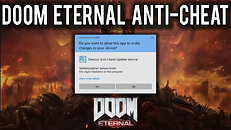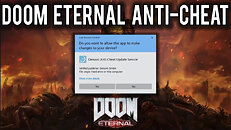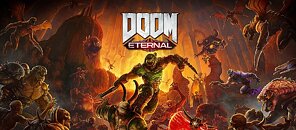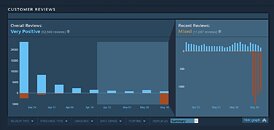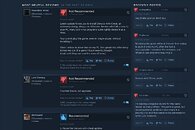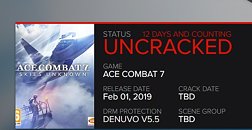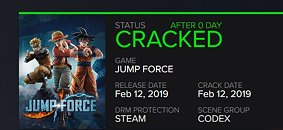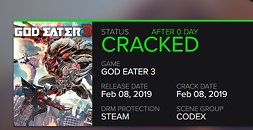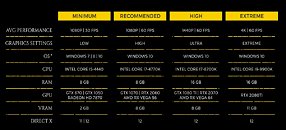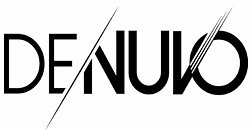
Sid Meier's Civilization VII Linux Version Cracked Already, No Denuvo Helps
Hackers successfully cracked the Linux version of Sid Meier's Civilization VII four days before its scheduled February 11 release. The compromise stems from the Linux build's DRM-free architecture, which contrasts its Windows counterpart's Denuvo anti-tampering protection. The cracked version, identified under the signature "Linux-Razor1911," has proliferated across multiple file-sharing networks and torrents, presenting immediate challenges for publisher 2K and developer Firaxis Games. The straightforward exploitation process utilizes standard Linux mounting protocols and executable script deployment. While the crack enables immediate access to the base game, circumventing official distribution channels could compromise essential network features and post-launch stability patches.
The persistent vulnerability of DRM-free releases on alternative operating systems potentially influences future platform support strategies among major publishers. Widespread pre-release piracy could significantly impact initial sales figures and threaten future native Linux port development. Firaxis Games and 2K, game publishers, are presumably investigating the crack, though the DRM-free nature of the Linux release limits their immediate response options. As the official launch approaches, this incident shows the ongoing challenge of balancing platform-specific security measures with maintaining broad operating system support in modern game development. While the SteamOS and Linux community represent a significantly smaller market than Windows gamers, it still has a noticeable impact on publishers relying on sales from all compatible platforms.
The persistent vulnerability of DRM-free releases on alternative operating systems potentially influences future platform support strategies among major publishers. Widespread pre-release piracy could significantly impact initial sales figures and threaten future native Linux port development. Firaxis Games and 2K, game publishers, are presumably investigating the crack, though the DRM-free nature of the Linux release limits their immediate response options. As the official launch approaches, this incident shows the ongoing challenge of balancing platform-specific security measures with maintaining broad operating system support in modern game development. While the SteamOS and Linux community represent a significantly smaller market than Windows gamers, it still has a noticeable impact on publishers relying on sales from all compatible platforms.


















